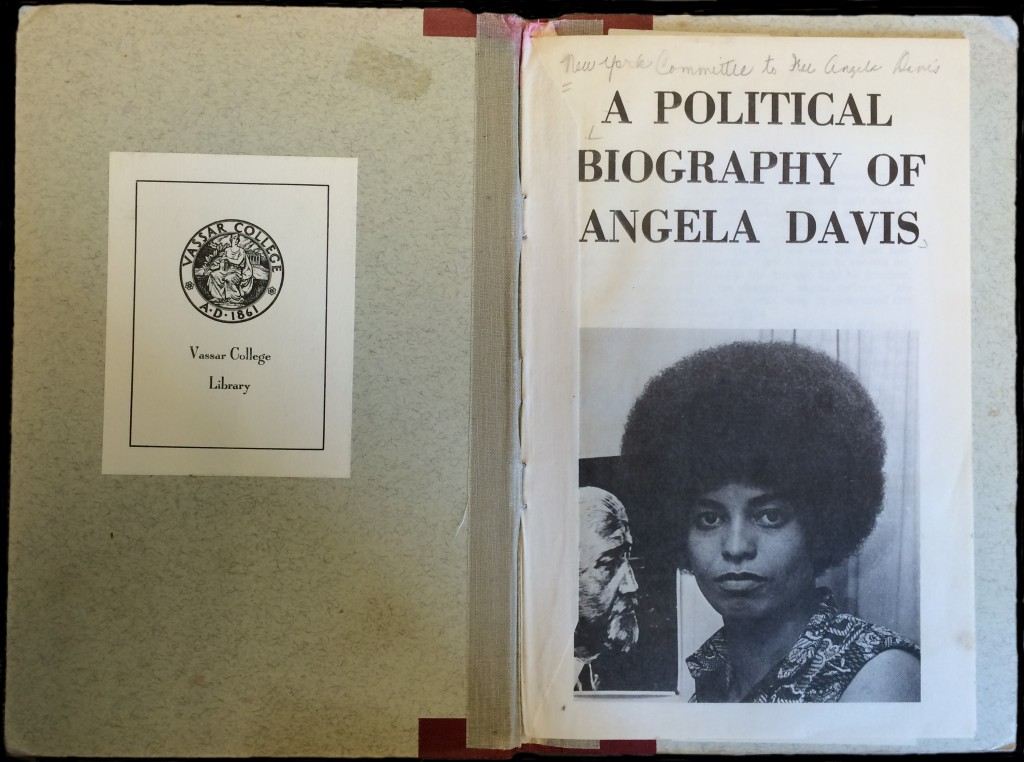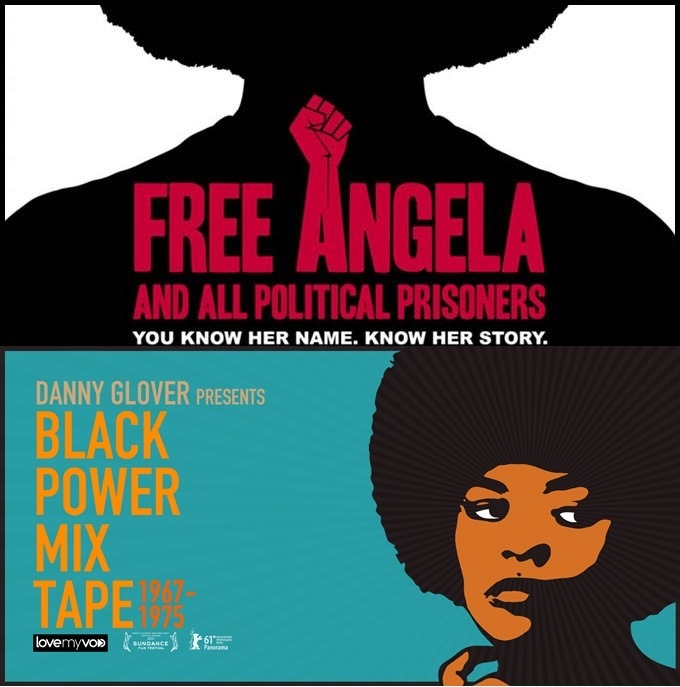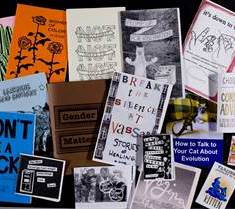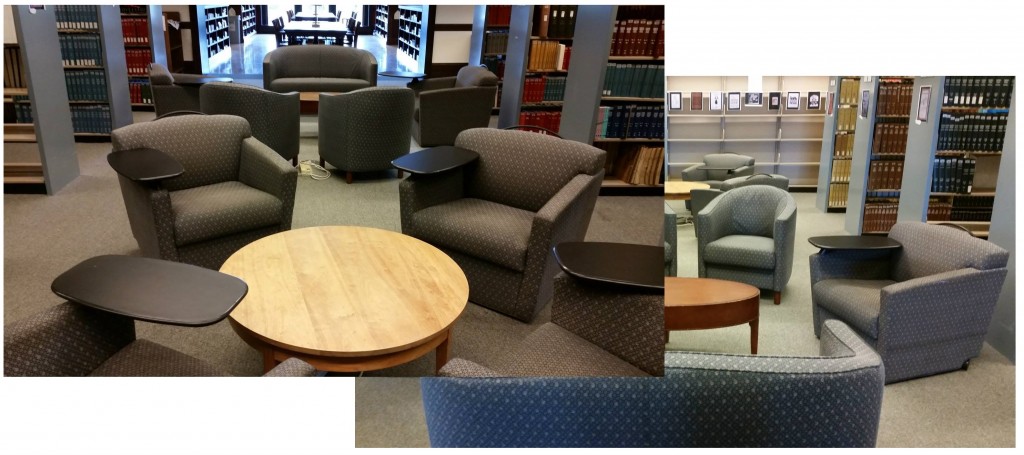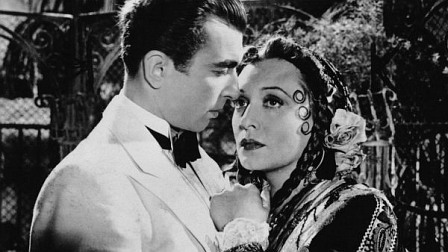The Vassar Libraries recently added a sampling of titles from the Charleston Syllabus to our Browsing Collection. Below is a personal essay about the difficult public issues related to the South Carolina shootings. The writer, Deb Bucher, is the Assistant Director of the Library for Collection Development and Research Services.
Following the June 17, 2015 murders in Charleston’s Emanuel African Methodist Episcopal Church, I began asking myself some questions. What can I do? What should I have done? Shouldn’t I be more involved in social justice? Am I wasting my time working at an elite educational institution? As a white person, I routinely feel bad about the privilege I get based on my skin color, but also completely overwhelmed by the enormity of attempting to rectify the systemic racism that my privilege comes from. How can I live my life with integrity knowing I’m the beneficiary of unwarranted privilege? How can I be part of the solution and not the problem?
#CharlestonSyllabus and Libraries
I often turn to books when I have a question that I need answered. As a child, I went to the library and read biography after biography and learned to appreciate the lives of others and what they faced. I learned that going to the library encouraged me to think critically about ideas, about my own life and how I live it, and, most especially, how other people experience life. So my response after Charleston was to do the same. Fortunately, I have Dr. Chad Williams of Brandeis University to thank for developing the #Charlestonsyllabus, a list of materials directly related to my questions. After the Charleston murders, he used Twitter to ask for submissions to a list of readings about the history of race relations and racial violence in the United States. The #Charlestonsyllabus is now a “library” that brings together histories, movies, personal narratives, poetry and other literature that document the lives of African Americans living with and in the systemic racist and violent society we call the United States.
Libraries as Community
But the #Charlestonsyllabus is more than just a library. As Chad Williams says, “It is a community of people committed to critical thinking, truth telling and social transformation” (http://aaihs.org/resources/charlestonsyllabus/). So by reading the books on the syllabus, I will be part of a virtual community of people working to change how we think and act in society. That’s a start, at least.
If you would like to join the #Charlestonsyllabus community, the Vassar librarians have collected just of a few of the titles on the list and have put them on a shelf in the “Browsing Collection” in the lobby of Main Library. I invite you look at those titles and take one home. For the full list, see our guide, http://libguides.vassar.edu/charleston, or the #Charlestonsyllabus website, http://aaihs.org/resources/charlestonsyllabus/.
I believe that libraries are transformative and radical places; I expect the #Charlestonsyllabus to be that kind of library for me, and I hope it is for you as well.

